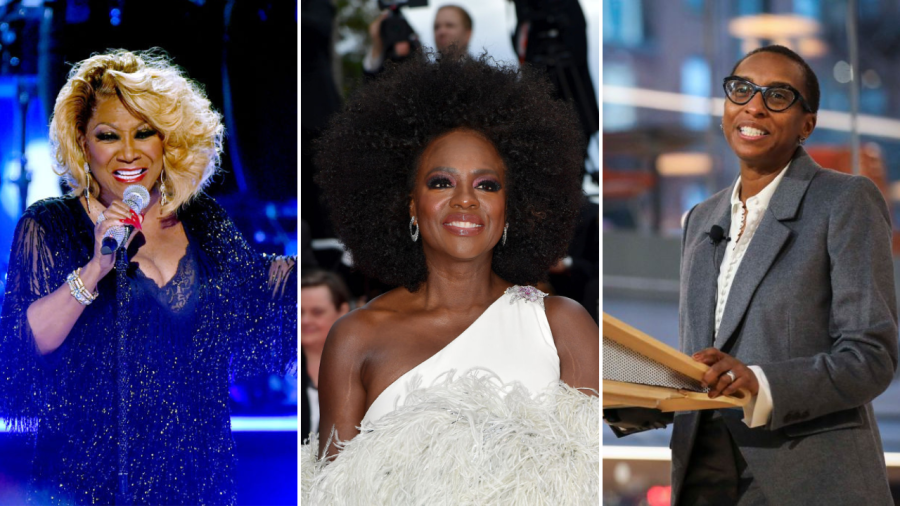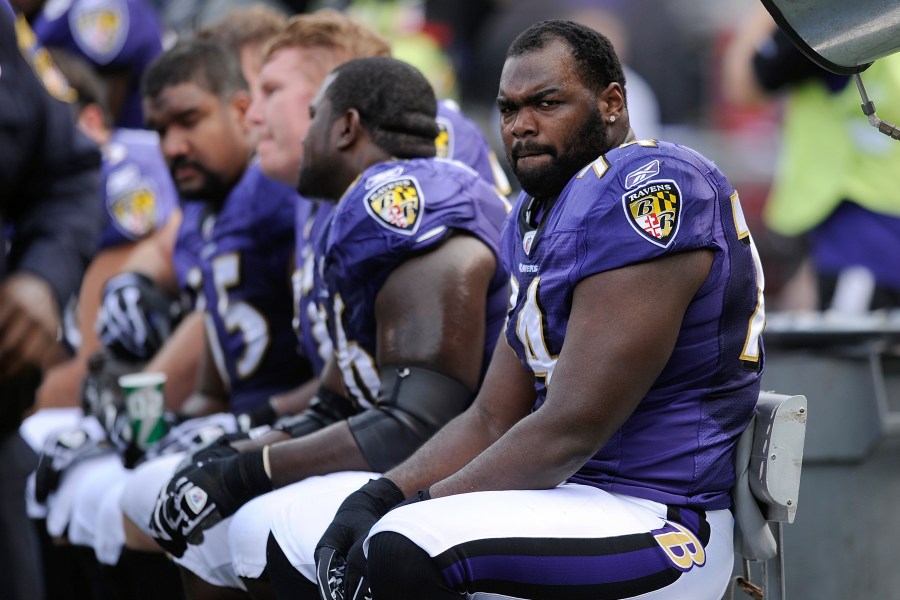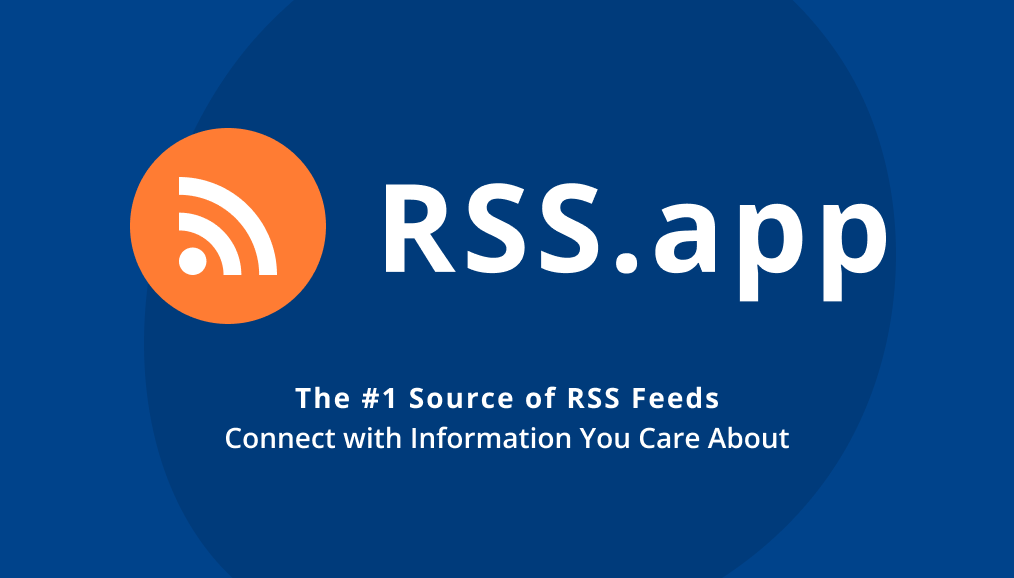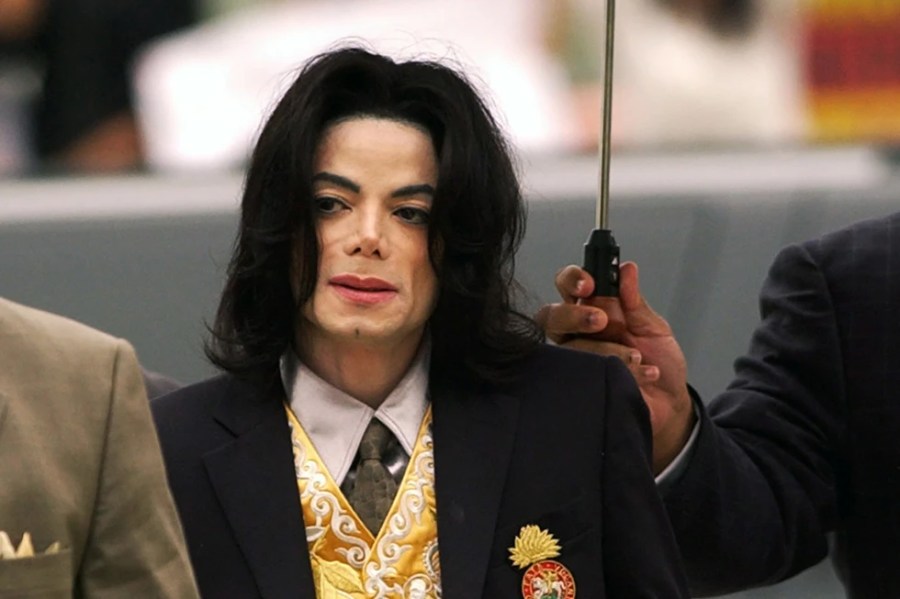Loading the player…
On the inaugural episode of the brand new podcast, “Your Mama’s Kitchen” hosted by Michele Norris, Michelle Obama revealed she had eaten the same breakfast for most of her life: a peanut butter and jelly sandwich.
As Obama told Norris, as a child, she wasn’t a fan of traditional breakfast foods like eggs, bacon, and cereal. So in the mornings, while her family scarfed down “big breakfasts,” she enjoyed her sandwich. She kept this up until college, when her palate expanded.
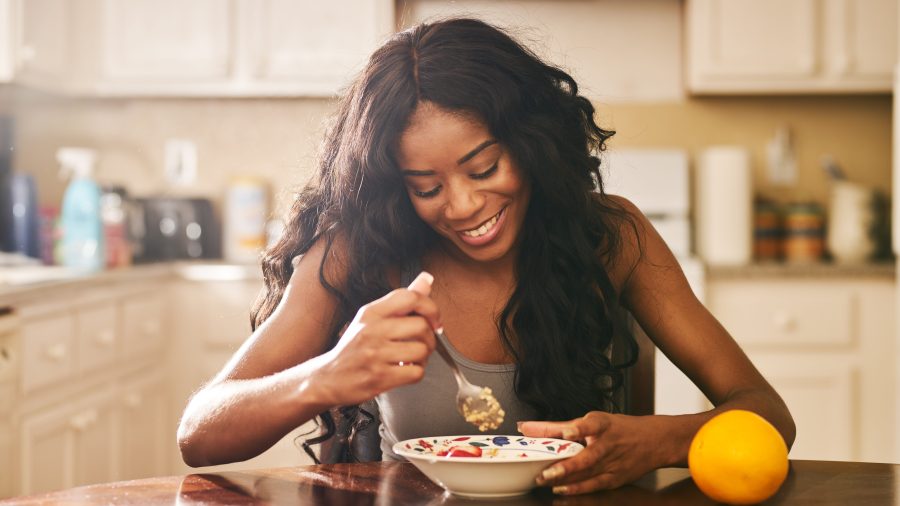
“It was sort of a compromise that I made with my mother because I thought, well, it’s got peanuts, it’s protein, a little bit of oil. Nothing’s wrong with bread. If we’re having toast, why can’t I have it in a sandwich form? And jelly. Everybody was having jelly on their toast. Let me just put it on my peanut butter. [My mom] gave up,” Obama recalled.
The former first lady, who spearheaded healthy eating initiatives while in office and continues to do so, has a little more variety in her breakfast routine these days. She is, however, far from alone in participating in repetitive breakfast culture. A static breakfast routine is an extremely common trend; according to a recent study published in the journal “Appetite,” roughly 68% of the survey respondents repeated their breakfast.
The reasons behind a routine breakfast are as nuanced as the people doing the eating. Some people value routines; some simply enjoy whatever their go-to is, and others are just trying to streamline their mornings. Routine breakfasts also simplify issues of budget and access. But is eating the same meal for breakfast every day actually healthy?
The answer is yes — with stipulations.
Diet and nutrition experts agree that eating the same thing every day has its pros and cons. On the pro side, it can keep a person organized, on budget, and on track to form healthy habits. On the con side, eating the same thing every day could be poor for gut health if the meal isn’t balanced enough.
Virtual dietitian Chelsey Amer told NBC, “As long as you’re mixing up the ingredients you use each week, you’re eating a variety of nutrients over time. After all, our health is the average of our choices over time.”
While that may be advice worth considering, Black nutritionists remind us that ultimately what is considered “healthy” can have even greater nuance, especially for Black people.
“If people are made to think they have to change to only eating brown rice, fresh and organic fruits and vegetables, drinking matcha lattes and going on exotic retreats to be healthy, while their greens and beans cooked with meat are labeled ‘bad,’ then healthy eating may seem inaccessible,” Marisa Moore, a Black culinary and integrative dietitian in Atlanta, told Today in an interview. “Giving up your cultural foods is not a prerequisite for health.”
TheGrio is FREE on your TV via Apple TV, Amazon Fire, Roku, and Android TV. TheGrio’s Black Podcast Network is free too. Download theGrio mobile apps today! Listen to ‘Writing Black’ with Maiysha Kai.


